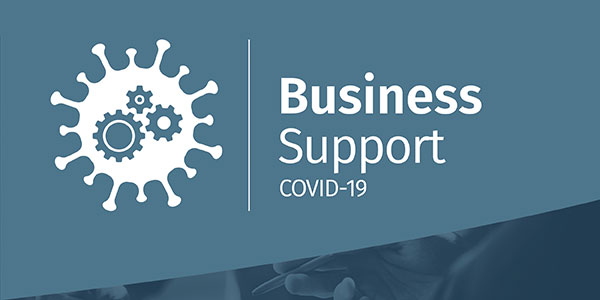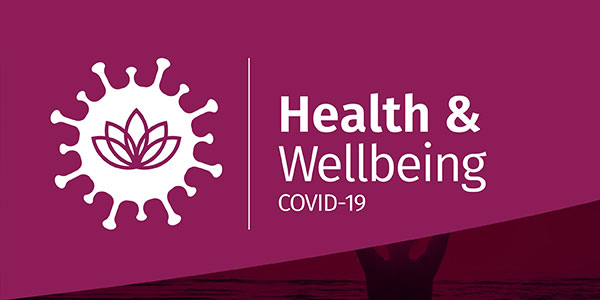COVID19: Crime Prevention Advice
Protecting your Home
Developing home security can be simple, inexpensive and prevents opportunist criminals from taking advantage of insecure homes.
- Locks – fit strong locks to doors & windows. Always remember to lock all doors and windows
- Doors – make sure your doors and frames are strong and in good condition.
- Keys – don’t leave keys in locks in front and back doors. Keep keys accessible in case of an emergency but out of sight and in a safe place.
- Alarm – if you have an alarm installed ensure it is working properly and remember to use it. If you don’t have a burglar alarm consider installing one.
- Timer Switch – if home is to be vacant for long periods, use timer switches to turn on some lights when it goes dark.
- Valuables – keep an inventory of valuables, photograph jewellery, do not keep large amounts of cash at home and consider installing a safe for your home.
Personal Safety
Some of us fear being attacked so it is worth considering what you might do if it did happen. If someone threatens you, shout for help and set off your personal attack alarm – if you have one. This might be enough to frighten the attacker off.
You can do many things to increase your safety when you are out.
- Stay in busy, well-lit areas
- Don’t take short cuts through dark alleys, parks etc. Walk facing the traffic, so a car cannot pull up behind you unnoticed.
- Don’t hitch-hike or take lifts from strangers.
- Walk away from confrontational situations as soon as possible
- Self-defence classes may help you feel more secure.
- Cover up expensive-looking jewellery
- Carry your bag close to you with the clasp facing inwards.
- Carry your house keys in your pocket. If someone grabs your bag, let it go, do not get hurt. Your safety is more important than your property.
Protecting Your Business
Businesses can be at risk from crime if they fail to implement adequate security measures and security procedures.
- Identify any features in your premises that could provide cover for intruders and remove or improve them. Examples include recessed doorways, concealed yards, landscaping and poorly lit areas.
- Security grills and shutters should be installed where appropriate
- Install an approved alarm system and/or CCTV for both the interior and exterior of your premises.
- Ensure the building is well secured when unoccupied
- Opening and closing – where possible use two people for opening and closing. Staff need to be vigilant and trained what to do should they see something suspicious
- Cash handling – limit amount of cash in tills / do not count cash in view of the public
- Banking – do not take takings home, make use of safe within business, regularly make deposits with bank avoiding setting patterns
Identifying and Avoiding Scams
Scams are when criminals use lies and deceit to fool you into parting with your cash. It’s important to know what to look for. Almost half of all scams start with a phone call. The most common types are: phone scams and cold calls, online scams, scams by post, and doorstep fraud. Visit NI Direct’s ScamwiseNI page for information on spotting and reporting scams: https://www.nidirect.gov.uk/campaigns/scamwiseni.
Further information can be obtained via your local Crime Prevention Officer via the Police Non-Emergency Number 101 or from the PSNI website: www.psni.police.uk
In an Emergency always call 999




